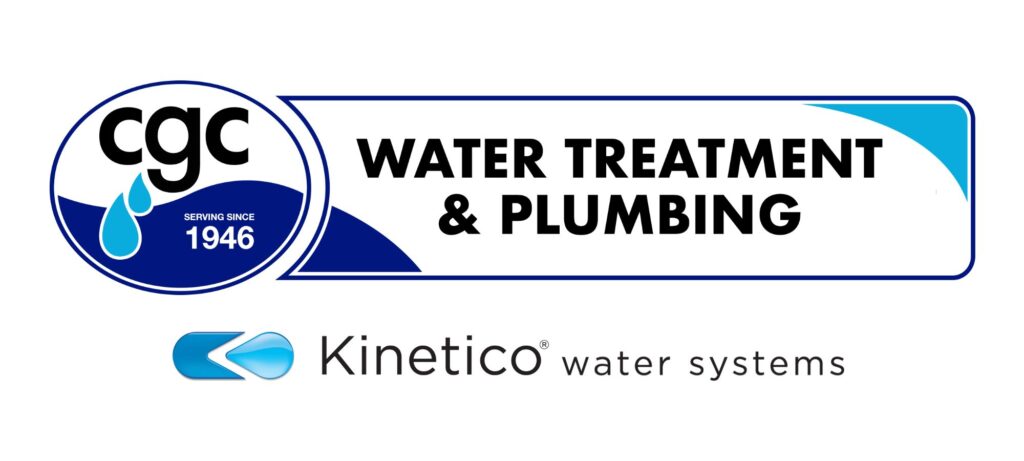As a resident of Florida, it’s critical to have a full understanding of common water problems that impact people throughout the state.
Even if you’ve had access to high quality water at home in the past, there’s always a chance this could change in the future. This is why it’ so important to keep an eye open for any warning signs that something is wrong.
City Water Problems in Florida
If you have access to public water, the most common concern is hard water. This is typically the result of too much magnesium and/or calcium in the water supply.
While hard water isn’t typically dangerous, it can cause dry skin and hair, while also corroding your home’s plumbing system.
Lead exposure is a concern in older homes in Florida, as it was used to secure pipes many years ago. If lead enters your water source, it can cause a variety of health issues.
Also, the presence of chlorine is a potential problem among those with access to city water. While it’s useful in disinfecting the water supply, it’s no longer necessary once it reaches your home. In fact, too much chlorine can result in problems such as:
- Dry skin and hair
- Bad smell and taste
- Damage to plumbing systems and appliances
Well Water Problems in Florida
Although you have more control over your water supply when using a well, you also have more responsibility.
A high amount of manganese and iron is a common problem that causes your water to have a cloudy appearance. It can also result in a metallic taste and orange stains on laundry, dishes, and plumbing fixtures.
Hydrogen sulfide is also a major well water problem in Florida, as this contaminant causes your water to smell like rotten eggs. Not only does this make it difficult to use the water, but it can also damage your plumbing system.
Find a Solution
It doesn’t matter if you have city or well water, it’s critical to attack any issue as quickly as possible.
For example, a water softener combined with a multi-stage filtration system can provide you with the high quality water you deserve.
If you have any questions about your water quality and potential resolutions, contact us for additional advice and guidance.








